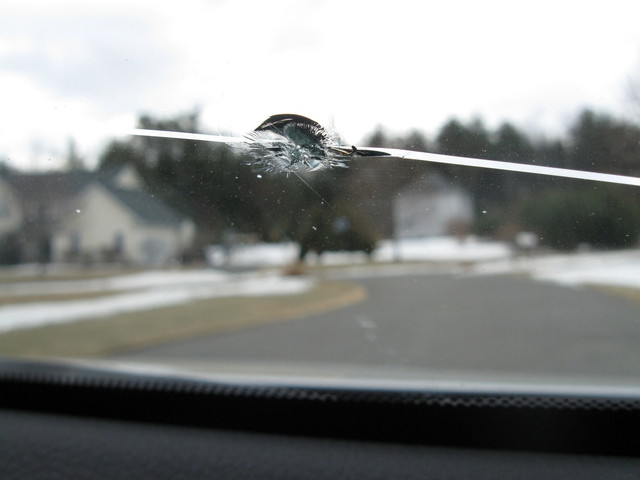What is physical damage fraud?
In the United States, physical damage fraud usually refers to automobile insurance fraud where someone seeks reimbursement from an insurance company for vehicle damage or theft that should not be covered by the insurance company. This can occur on a first party or third party basis.
What is physical damage?
In the United States, the term physical damage can often refer to many different automobile coverages. For example, PD, or “property damage” stands for coverage for someone else’s vehicle whom the policyholder damaged; this type of coverage is mandatory in all US states. There is typically a minimum requirement and often people choose to purchase a higher level of coverage. COL or collision stands for coverage to the policyholder’s vehicle caused during an accident where the policyholder was at fault. CMP or comprehensive stands for coverage to the policyholder’s vehicle while he or she was not driving it; this is sometimes referred to as OTC or “other than collision. ” Collision and comprehensive coverage typically are required by banks who lend money for the vehicle but otherwise are optional.
Who commits physical damage fraud?
Physical damage fraud is often present in all automobile fraud situations, even where the primary target of the fraud is BI or PIP. This is because usually to show a claim that someone is injured, the fraudsters point to damage in the car, which is subsequently also included in the fraud. However, this fraud also occurs on its own. It occurs when an individual decides to make a claim for his/her vehicle related to damage or theft that should not be covered. It also occurs when fraud rings decide to submit claims for fake auto body work that never occurred.
How we spot it
We have proprietary algorithms that are constantly sifting through an insurance carriers data. We have calibrated these algorithms to detect patterns in accidents, especially in regards to their treating clinics and/or other vendors, which detect when a series of accidents occur which very likely were not caused by chance. As soon as this becomes apparent, these claims are flagged and immediately given as leads to an SIU department.
Why are we different?
Our focus is to provide leads to SIU, not build a system that “pre-clears” claims. We have seen many algorithmic systems sold with the purpose of fast tracking claims. Whether you fast track a claim is your business; but we will analyze all claims as they go through your system and provide a lead to SIU when potential fraud is spotted. Furthermore, our algorithms are not fooled by people who have managed to stay out of databases related to past criminal activity, such as recent immigrant arrivals.
- Beware of towing schemes.
- 10 charged in california for suspected roles in auto insurance fraud ring targeting physical damage coverage, bringing in $500k
- Four men in California arrested in auto insurance fraud ring that allegedly collected $22k in Sacramento for fake physical damage
- Washington: 8 plead guilty to staging 13 accidents worth $2.8 million
- Florida: 14 people arrested in alleged $528,000 auto insurance scam for accidents that never happened
- 14 Individuals, including 2 insiders, defraud Geico of $500k in phony auto repairs
- New York, six-person fraud group conspired to submit 11 fake property damage claims worth $120k
- California body shop owner, 17 others charged with insurance fraud related to $150k physical damage payments
- Georgia: Warrants issued for 26 accused in $500,000 insurance fraud scheme
- California insurance fraud ring in San Diego bilked companies out of $125K
- More than two dozen people in California were charged in connection of staging accidents for physical damage claims worth $140k
- California: 33 people scammed insurance companies by crashing cars for $500k
- Texas, 22 indicted for allegedly participating in staged accident scheme worth more than $1 million

